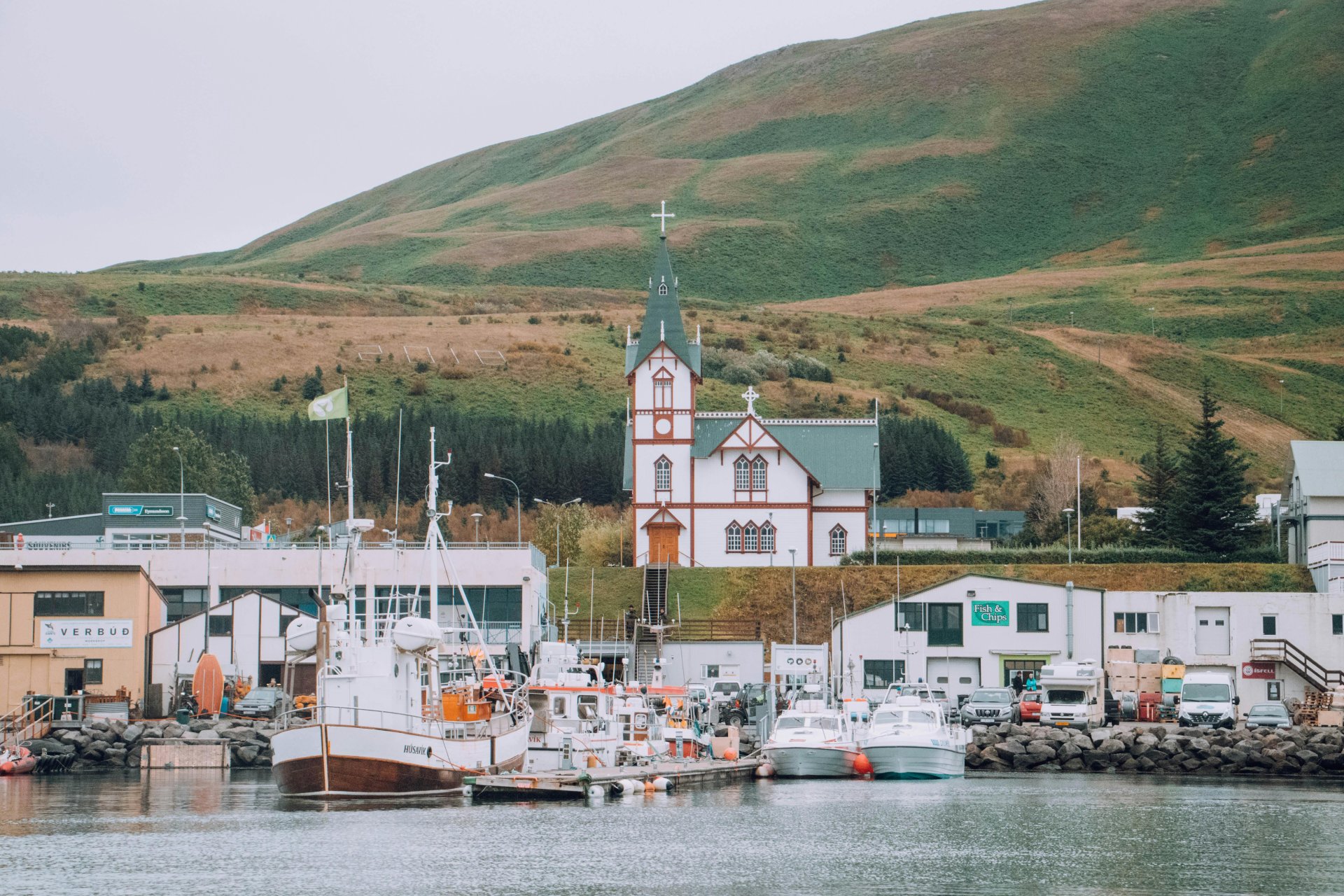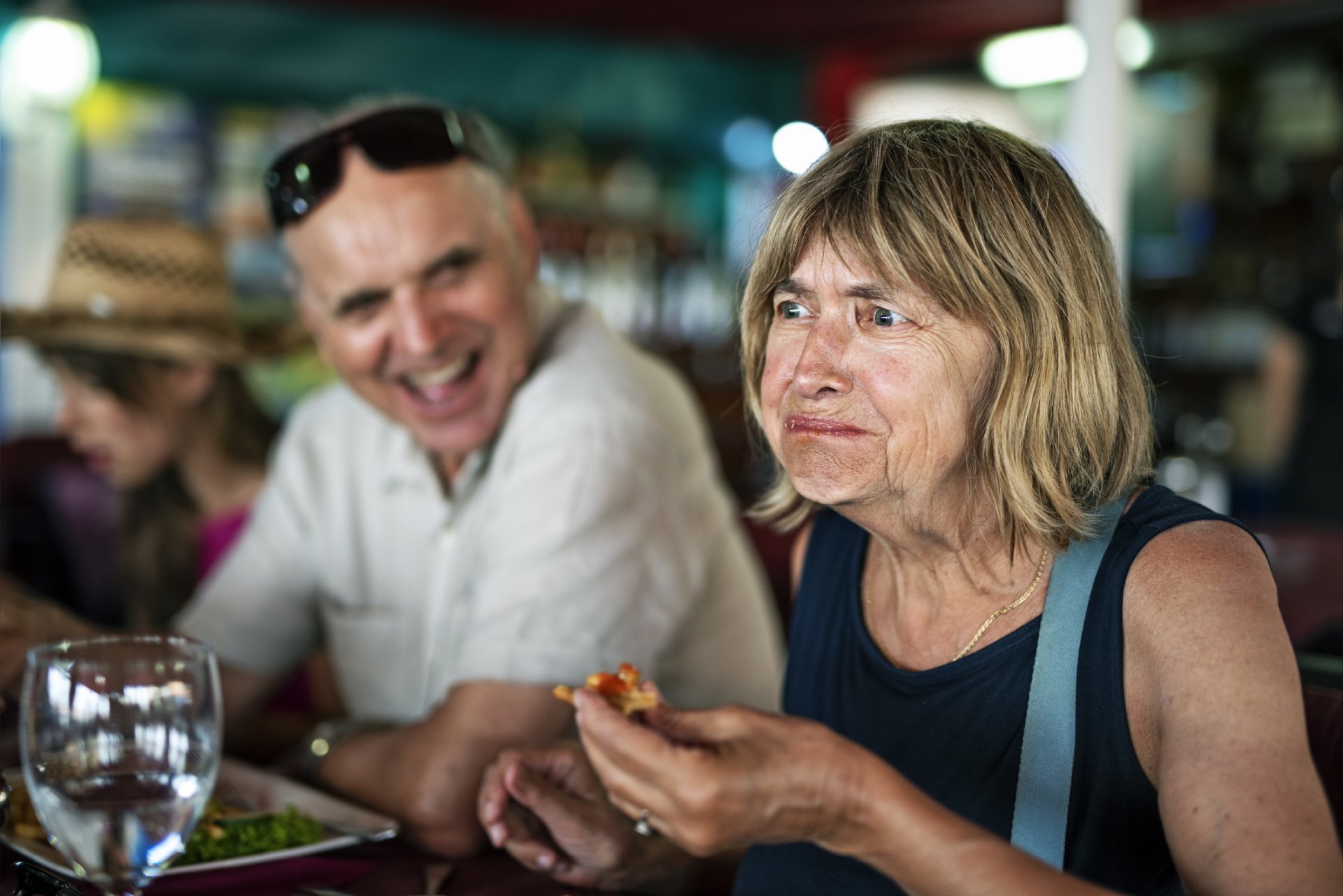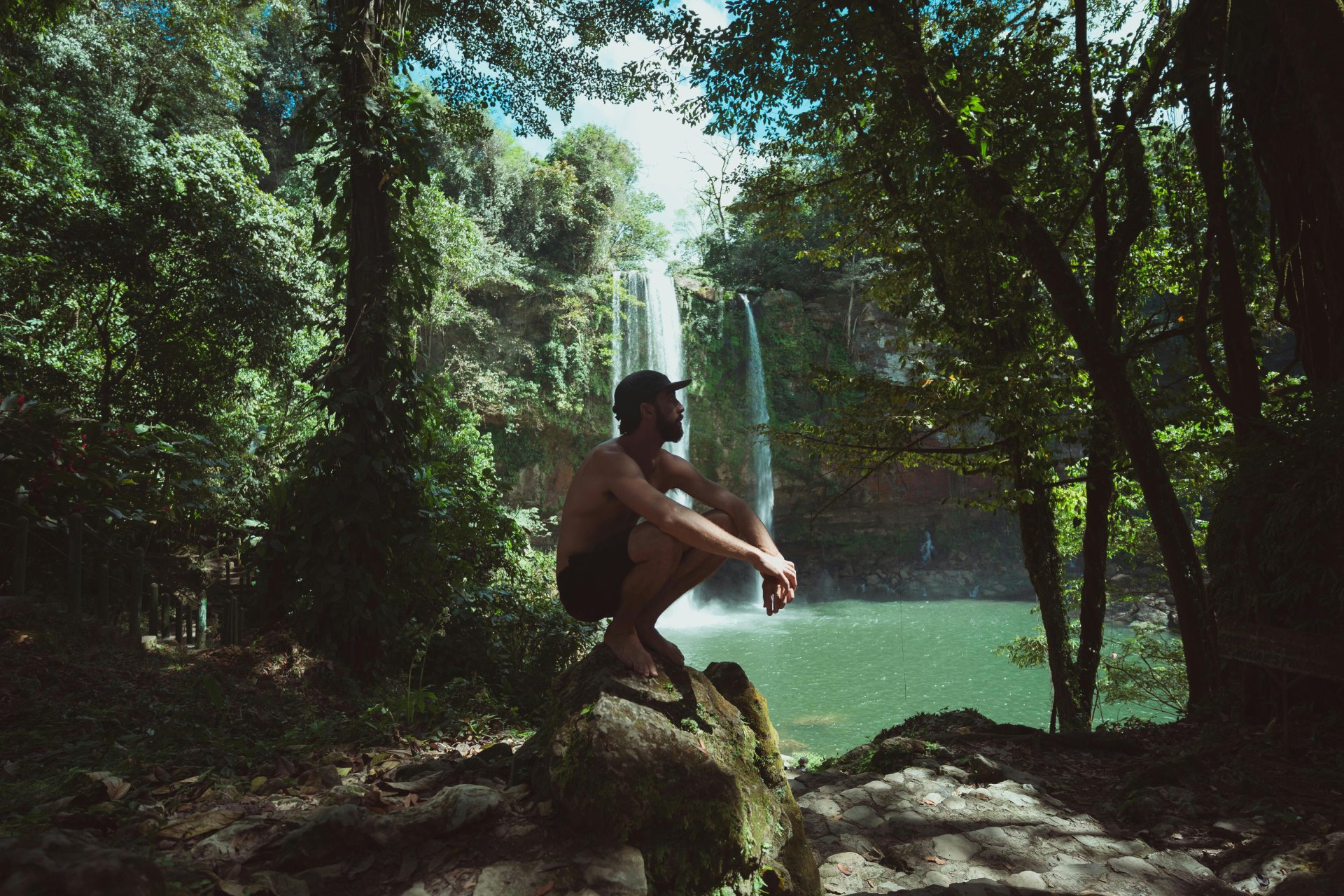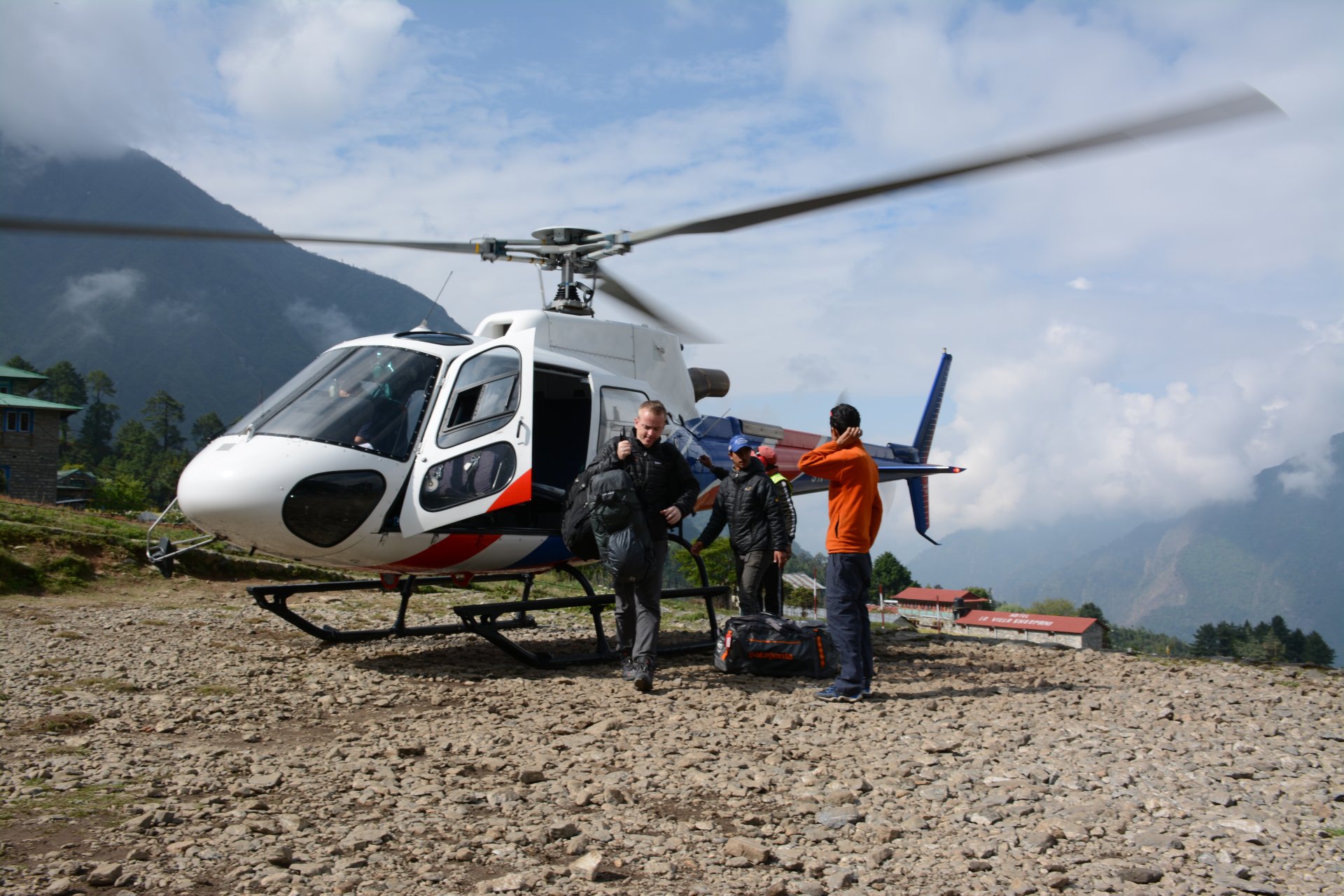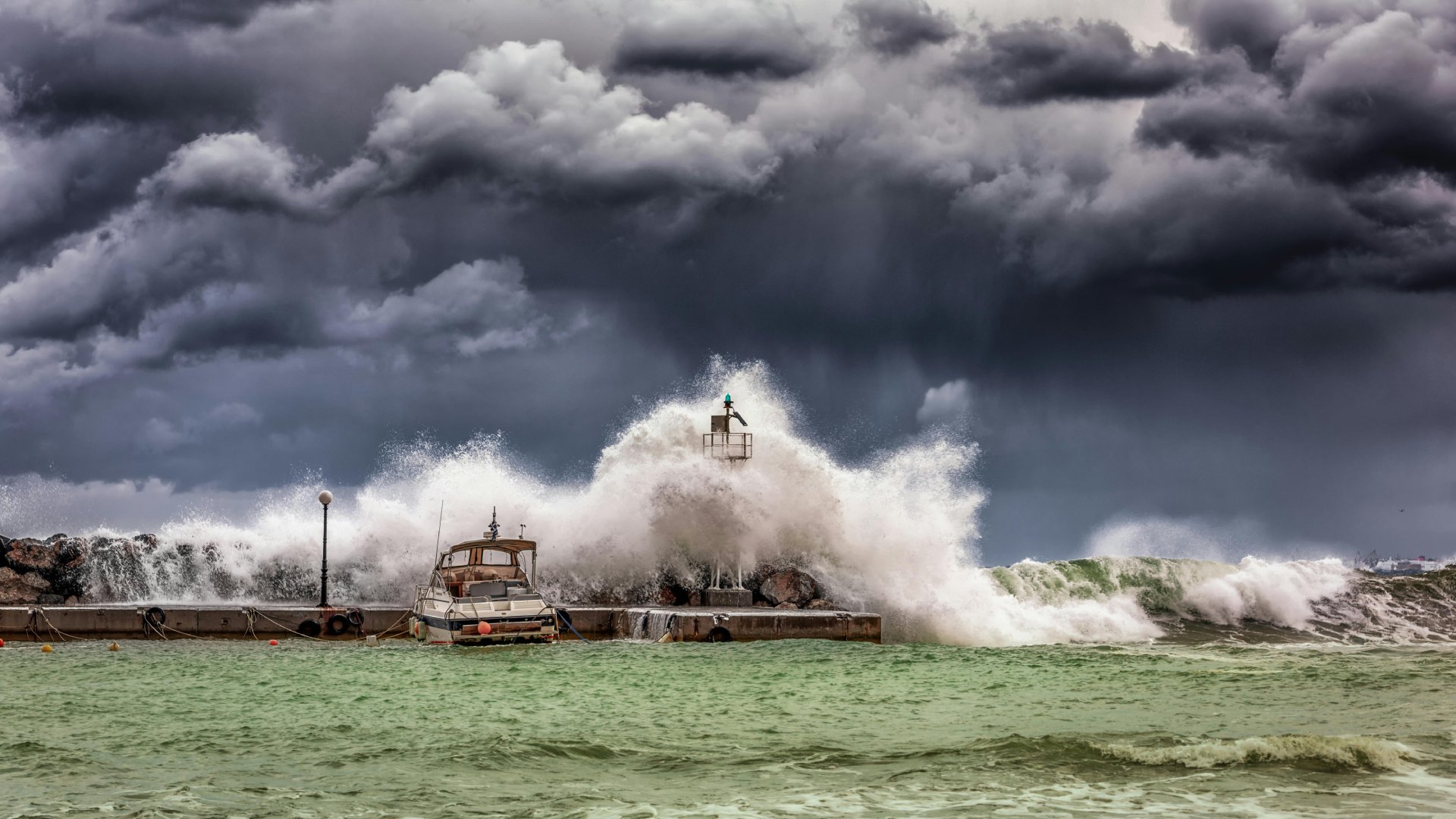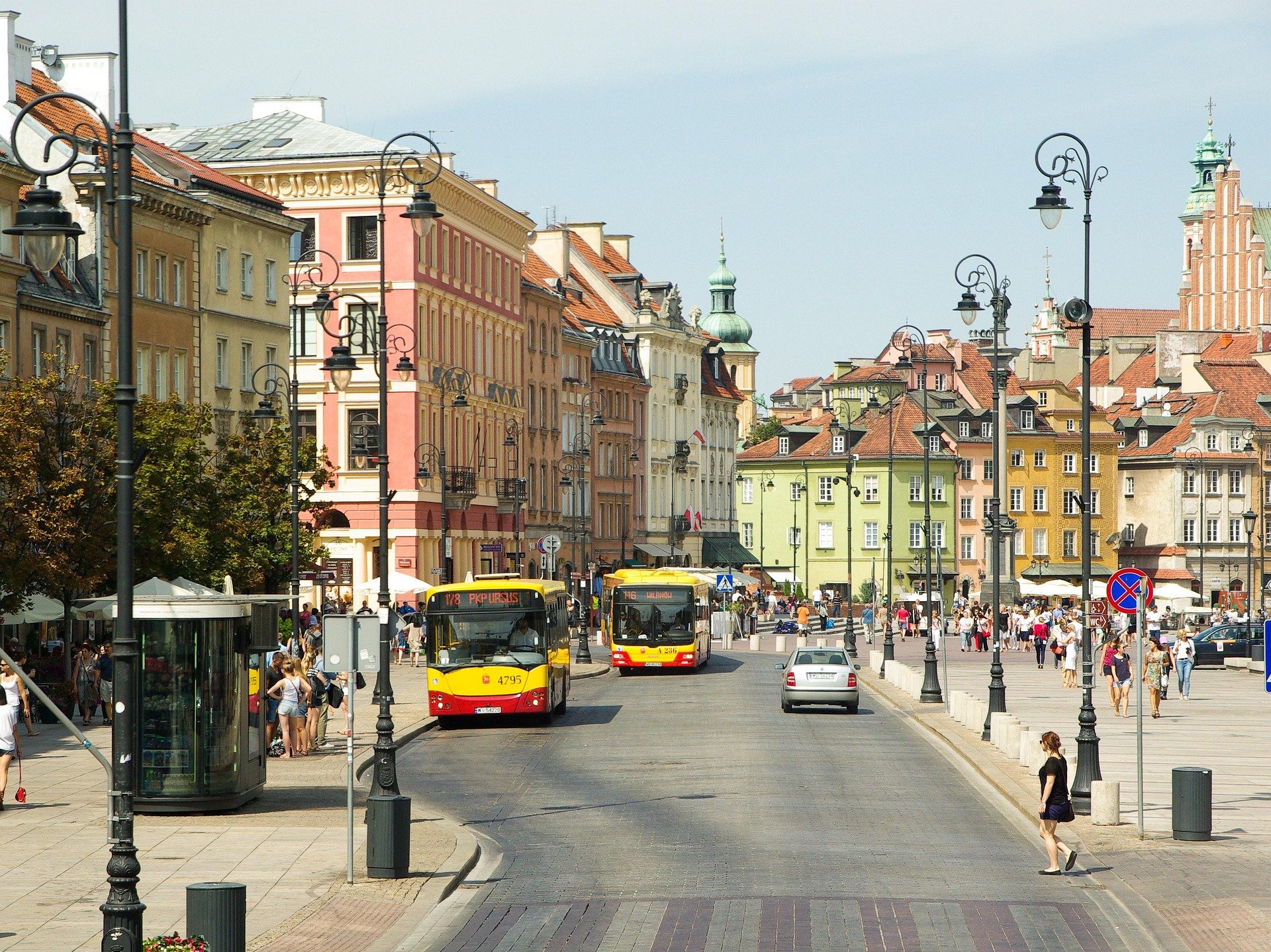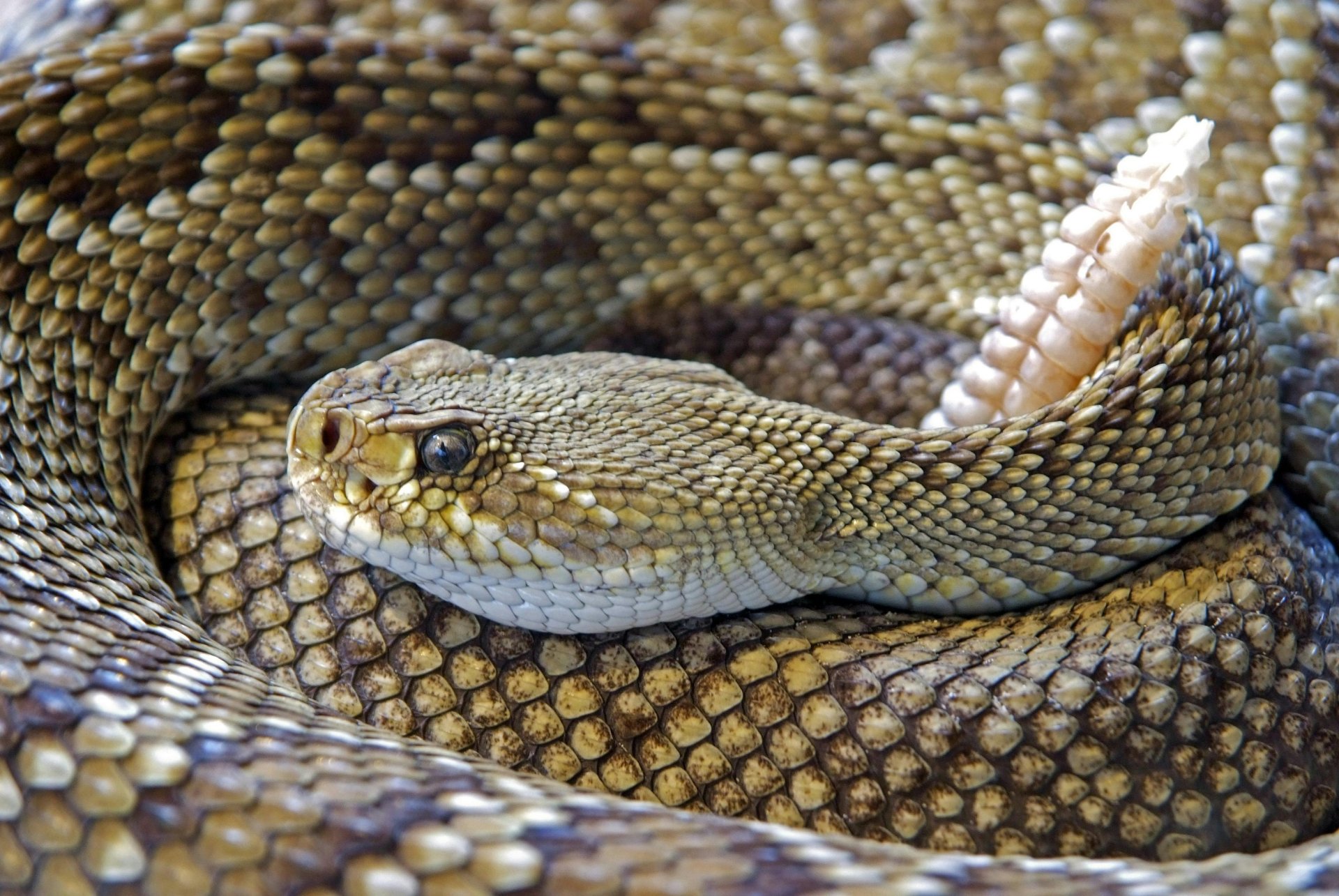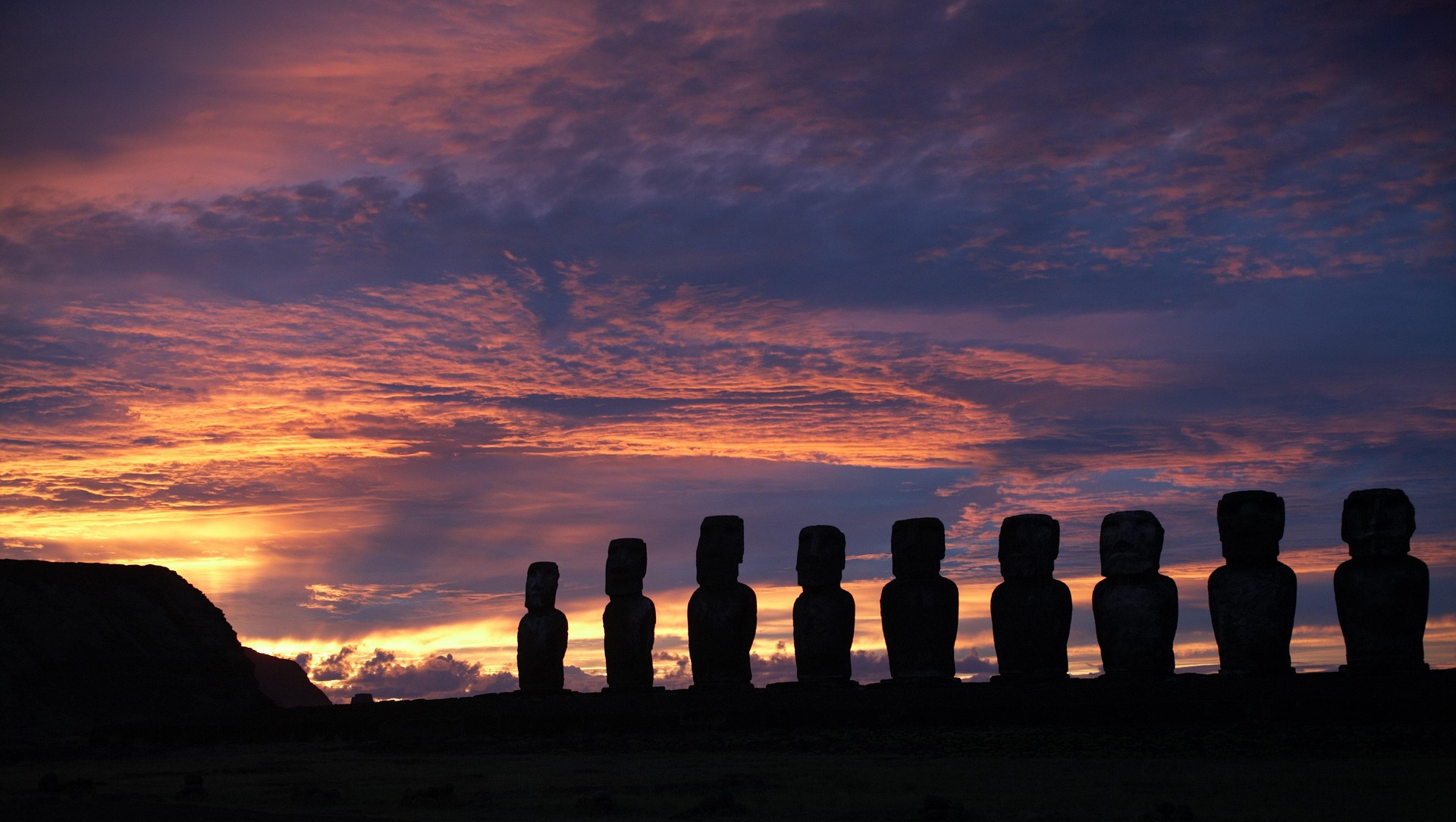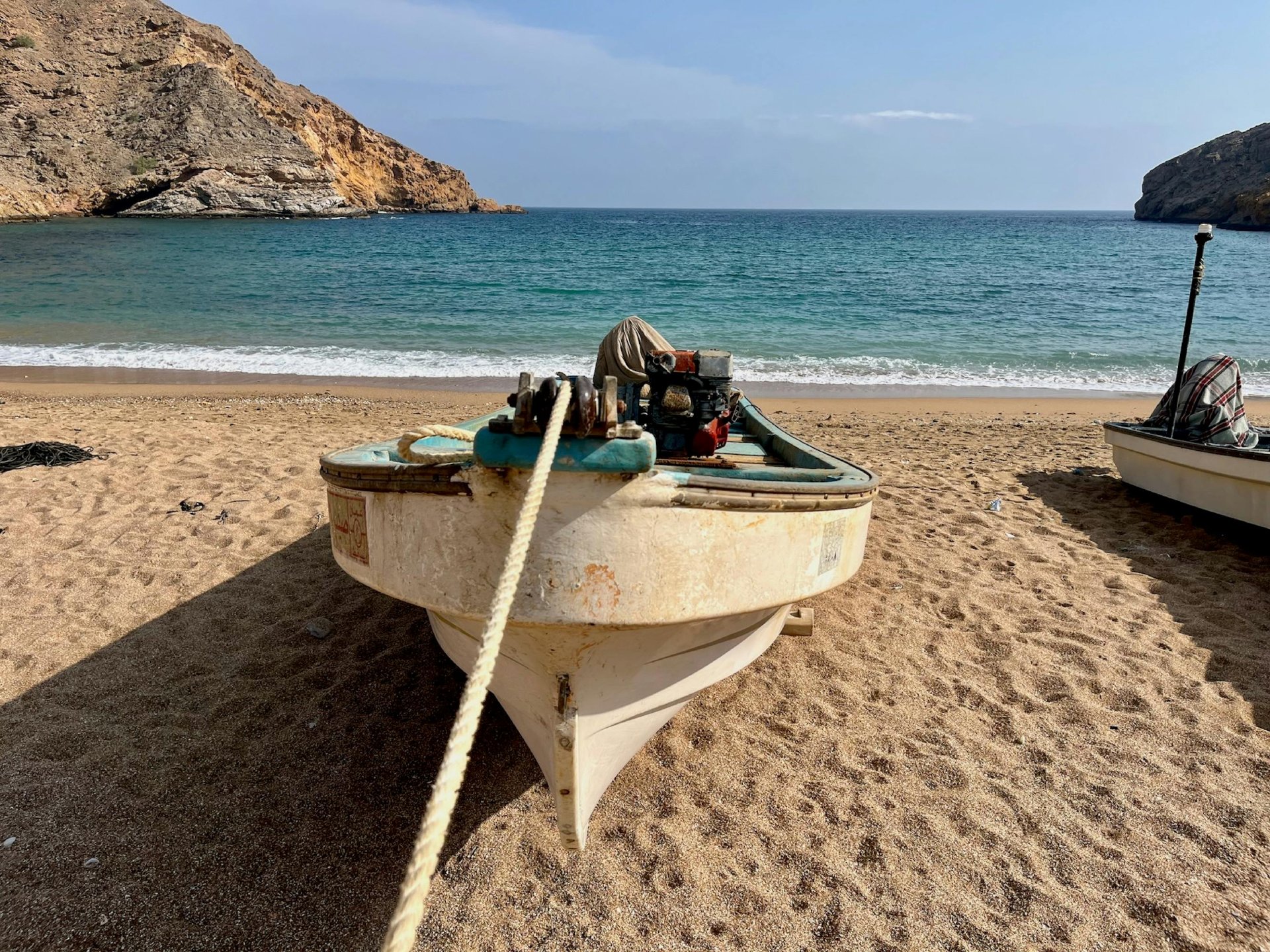Article Highlights
- Key places to visit: Reykjavik for art and culture, Snæfellsnes Peninsula for lava fields and fishing villages, Golden Circle for the Geysir and Gullfoss Waterfall, Blue Lagoon for the geothermal spa, and Vatnajökull National Park for the Europe’s largest glacier.
- Top-notch healthcare: Iceland provides high-quality medical services, and the country has a well-equipped healthcare system.
- Dangers and risks: Respiratory infections, hypothermia, frostbite, injuries from outdoor activities, gastrointestinal issues and sunburn or skin irritation are the most common traveler illnesses or injuries.
When visiting Iceland, tourists can immerse themselves in its breathtaking landscapes and rich culture. The country is known for its stunning natural landscapes and unique geological features. It attracts adventurous travelers from around the globe.
Must-visit Destinations
Reykjavik
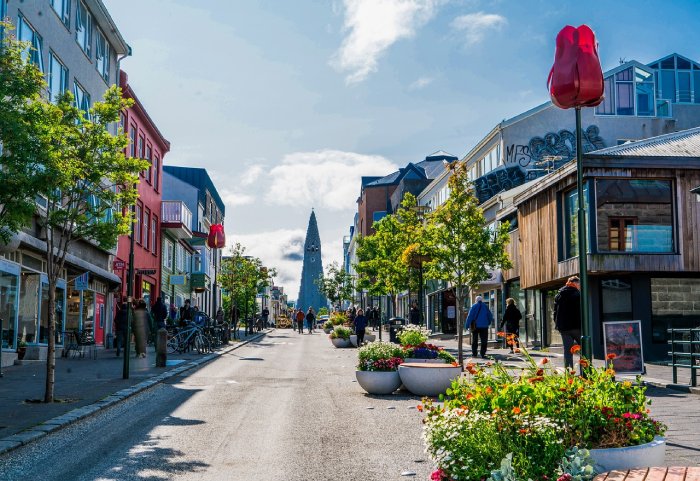
Looking for things to do in Reykjavik, the capital city of Iceland? It’s a vibrant hub of culture, art and history. Visitors can explore landmarks like Hallgrímskirkja Church, Harpa Concert Hall, and the Sun Voyager sculpture. The city’s lively nightlife, cafes and museums make it a great starting point for any Icelandic adventure.
Golden Circle
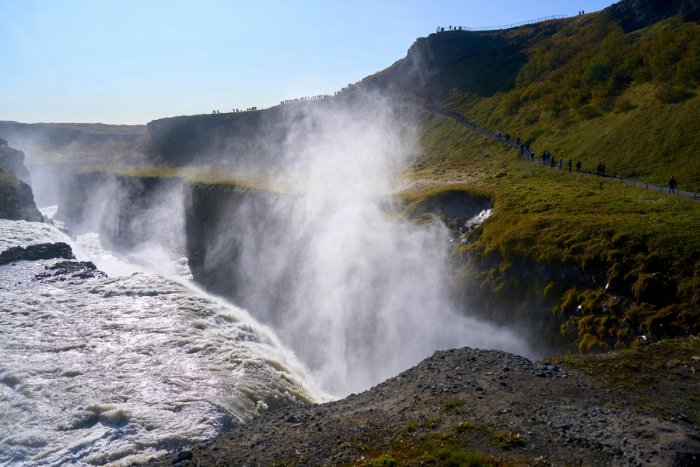
There is so much to do in the Golden Circle. This popular tourist route includes three key attractions: Þingvellir National Park, the Geysir Geothermal Area, and Gullfoss Waterfall. Þingvellir is significant for its historical and geological importance, Geysir features active geothermal eruptions, and Gullfoss is a spectacular waterfall that cascades into a canyon.
Geothermal Blue Lagoon Spa
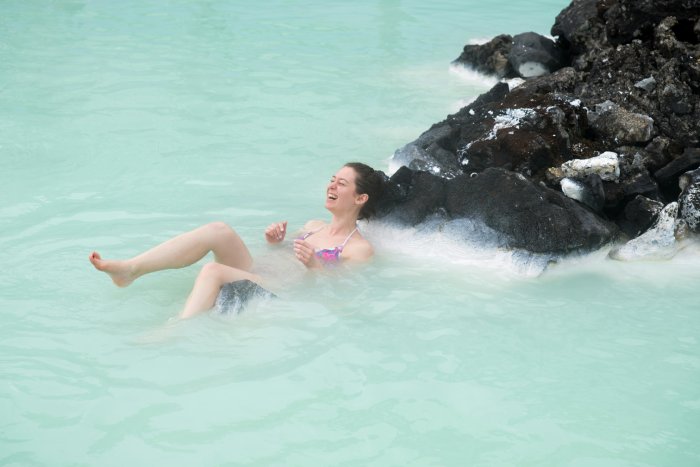
Located in a lava field near Grindavík, the Blue Lagoon is a famous geothermal spa known for its milky blue waters rich in minerals. Visitors can relax in the warm, mineral-rich waters, and enjoy spa treatments, and the stunning surroundings.
Vatnajökull National Park
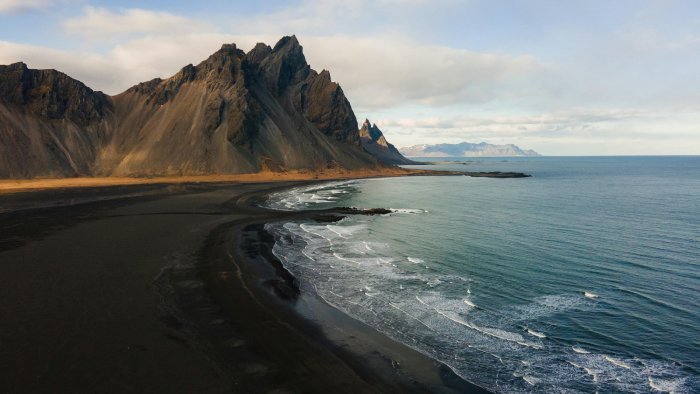
Home to Europe’s largest glacier, Vatnajökull National Park offers breathtaking landscapes, including glaciers, ice caves, and waterfalls. Outdoor enthusiasts can enjoy hiking, glacier walking and exploring the stunning scenery, including the famous Jökulsárlón Glacier Lagoon.
Snæfellsnes Peninsula
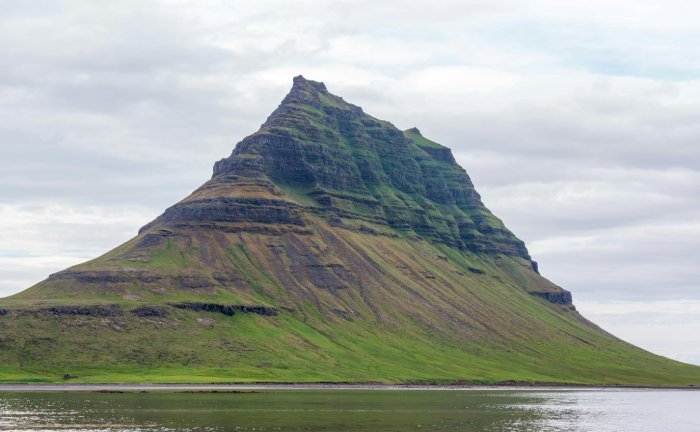
Often referred to as “Iceland in Miniature,” the Snæfellsnes Peninsula features diverse landscapes, including mountains, lava fields and coastal cliffs. Key highlights include Snæfellsjökull National Park, Kirkjufell Mountain and charming fishing villages like Arnarstapi and Hellnar.
Dangers and Risks for Travelers in Iceland
While Iceland is generally safe for travelers, emergencies and certain illnesses and injuries can occur, particularly due to the unique environment and outdoor activities.
When Iceland officials issued a state of emergency in November 2023 due to volcanic eruptions, a member contacted Global Rescue. The Global Rescue security operations team provided guidance and assistance for the member’s three-hour ground transport from Vik to the international airport in Reykjavik. Fortunately, the Keflavik International Airport – 19 miles/31 km from the evacuated town of Grindavik – remained open during the eruption enabling the member to fly out of the country safely to her home.
Iceland is located on top of a volcanic hot spot. The most recent, disruptive eruption was in 2010 when massive clouds of volcanic ash were jettisoned into the atmosphere leading to widespread airspace closures throughout Europe. No confirmed fatalities occurred due to either of these eruptions.
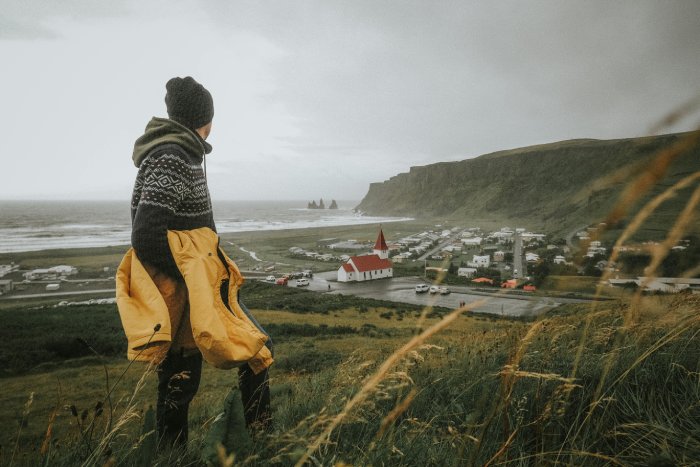
The more common injuries and illnesses for travelers may surprise you, while others may not:
Respiratory Infections
Due to the cold weather and varying temperatures, respiratory infections such as colds and flu are common among travelers. The close quarters in accommodations and public transport can also facilitate the spread of these viruses.
Hypothermia and Frostbite
Iceland’s unpredictable weather and cold temperatures can lead to hypothermia and frostbite, especially for those unprepared for the climate. Tourists engaged in outdoor activities, such as hiking or exploring remote areas, may be particularly at risk if they do not dress appropriately in layers or fail to protect exposed skin from the cold.
Injuries From Outdoor Activities
Iceland offers numerous adventurous activities, including hiking, glacier walking and ice climbing. Injuries such as sprains, fractures or cuts can occur due to falls, slips or accidents while engaging in these activities, especially in rugged terrains.
Gastrointestinal Issues
Changes in diet, unfamiliar food or consuming contaminated water can lead to gastrointestinal problems such as diarrhea or food poisoning. Tourists should be cautious about where they eat and ensure they drink bottled or purified water if unsure about local water quality.
Sunburn and Skin Irritation
Despite the cold climate, UV radiation can be strong in Iceland, particularly during summer months when the sun is high in the sky. Tourists may experience sunburn if they underestimate the sun’s intensity or fail to apply ample sunscreen, especially during outdoor excursions.
What If You Get Sick or Hurt
Travelers to Iceland should be aware of common illnesses and injuries to help ensure a safer and more enjoyable experience. Proper preparation, including appropriate clothing, Global Rescue travel protection and awareness of the country’s health resources can go a long way in mitigating health risks while exploring.
Global Rescue’s medical advisory helped a member with minor injuries prevent those wounds from escalating into a more serious problem. A member traveling in Iceland had a bad fall resulting in lacerations and abrasions to his hands, face and knees. He contacted Global Rescue for medical advisory, specifically curious if he should visit geothermal springs with his treated wounds. It was explained that he should avoid submerging himself in the springs to prevent bacterial infection.
The Healthcare System in Iceland
Iceland provides high-quality medical services, and the country has a well-equipped healthcare system. However, healthcare facilities can be limited in rural areas. In the capital city, Reykjavik, you will find hospitals and medical clinics that can cater to most health needs.
Emergency medical services in Iceland are efficient, and the country has a universal healthcare system. As a visitor, however, you may need to pay out-of-pocket for services unless you have travel insurance and travel protection.
The Global Rescue Connection
As a member traveling in Iceland, you have access to Global Rescue services directly from your smartphone using the My Global Rescue Mobile App. You can browse destination reports to learn about entry requirements, travel status and restrictions, detailed health and security assessments and required immunizations. Members can find travel alerts by clicking on destination reports, selecting the country and reviewing available alerts at the top of the My Global Rescue App under “Events.” Download the My Global Rescue App for Apple devices and Android devices.
If you experience a life-threatening emergency and are within the range of an emergency service — 112 in Iceland — contact them immediately. If you experience an emergency, after you are safe and stabilized and need to communicate with Global Rescue you must contact Global Rescue directly by phone at +1 (617) 459-4200 or by sending an e-mail to ops@globalrescue.com or operations@globalrescue.com
Chill Out, It’s Iceland
Traveling to Iceland can be an extraordinary experience filled with stunning landscapes and rich culture. With proper planning and awareness, you can ensure that your travels in Iceland remain enjoyable and safe, allowing you to focus on the breathtaking beauty this remarkable country has to offer.

